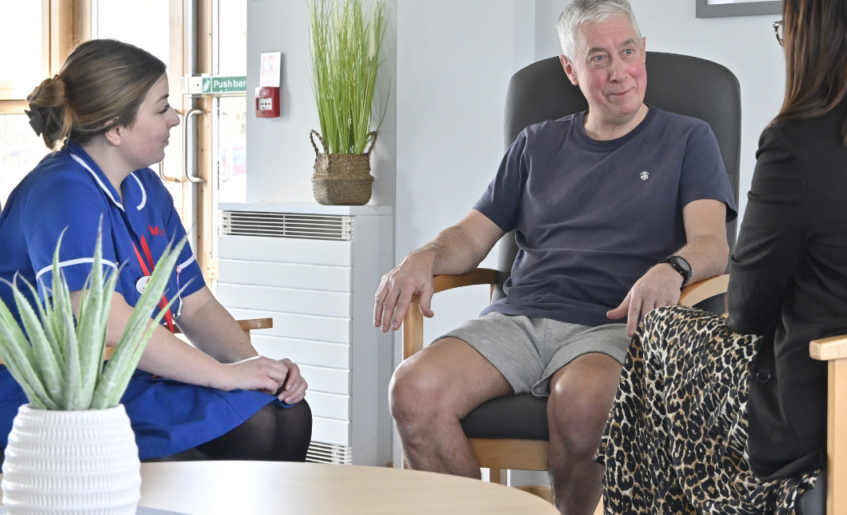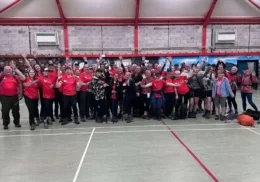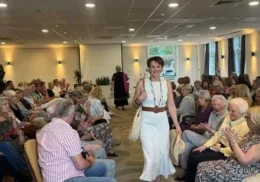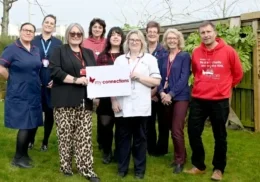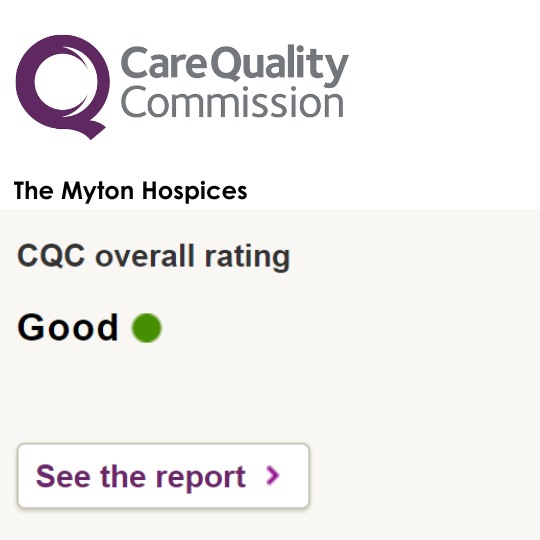On Friday afternoon, BBC 5 Live presenter Colin Murray was joined by palliative care physician, psychotherapist and trainer Dr Kathryn Mannix to hold an important Question and Answer forum focusing on death and end of life, exploring the frequently disregarded topic and tackling some common misconceptions.
Here at The Myton Hospices, we’d like to echo some of the points raised during this discussion and show our support for conversations about death and dying. We’re glad to hear such open and honest discussions surrounding this significant subject.
The conversation started by addressing the significance of the language and terminology we use. ‘Death’ is commonly seen as a negative word and as a society, we tend to have an inclination to shy away from “the D word”, resulting in the creation of euphemisms such as ‘lost’ and ‘passed away’.
Dr Kathryn noted that using phrases actively avoiding the word ‘death’ can lead to regrets and grief with what has been left unsaid and undone.
At The Myton Hospices, we believe it is important to use the words ‘death’ and ‘dying’ to avoid confusion and uncertainty, with these words playing a vital role in understanding and acceptance.
A key theme to the discussion was the importance of having conversations with loved ones surrounding end of life preferences. Dr Kathryn noted the common fears and hesitations faced when initiating these discussions, but stated that understanding the values and priorities of individuals facing end of life is important.
As a family, we need to know what matters most to them. To some, it might be living as long as possible, to others, it’s about enhancing their quality of life. Knowing what matters most to loved ones can help to ensure their preferences are met in the last few months, weeks and days of life.
We understand the fear and hesitation some feel when mentioning these sensitive topics to their loved ones but as a provider of palliative and end of life care we want to make sure people know about the services available to them, from the moment they first need them.
We believe that early access is vitally important, and having these initial conversations can open up access for those who need it. Dr Kathryn also mentioned the importance of early access to symptom control and how this too can influence quality of life.
Contrary to popular belief, our services extend far beyond end of life care, offering a spectrum of services right from the point of diagnosis, including symptom control and Advance Care Planning.
Our focus is always on quality of life, with our services including holistic care and support in areas outside the medical needs of the patient. We support patients and their loved ones with psychological and spiritual wellbeing too.
In the absence of conversations surrounding peoples’ desires at end of life, patients may not get access to these holistic services.
Dr Kathryn briefly mentioned not every palliative care patient has cancer and according to the World Health Organisation, only 34% of adults receiving palliative care have cancer. It is a common misconception that hospices only support people with cancer.
Here at The Myton Hospices, we provide care for people living with a wide range of life-limiting illnesses, including Respiratory conditions, Heart conditions, Cancer, Organ failure and Neurological conditions.
We know talking about death and dying isn’t an easy subject for some and can come with lots of emotions but it is important to have these conversations if you can. It is something that we encourage all of our patients and families to do and we support them in doing so.
We are so pleased that BBC 5 Live is opening up their conversations to include important topics like death and dying. We hope that this can help to reshape society’s perceptions, so we can make sure everyone receives the care and support they deserve and need, when the time comes.
Find out more about our services HERE!


